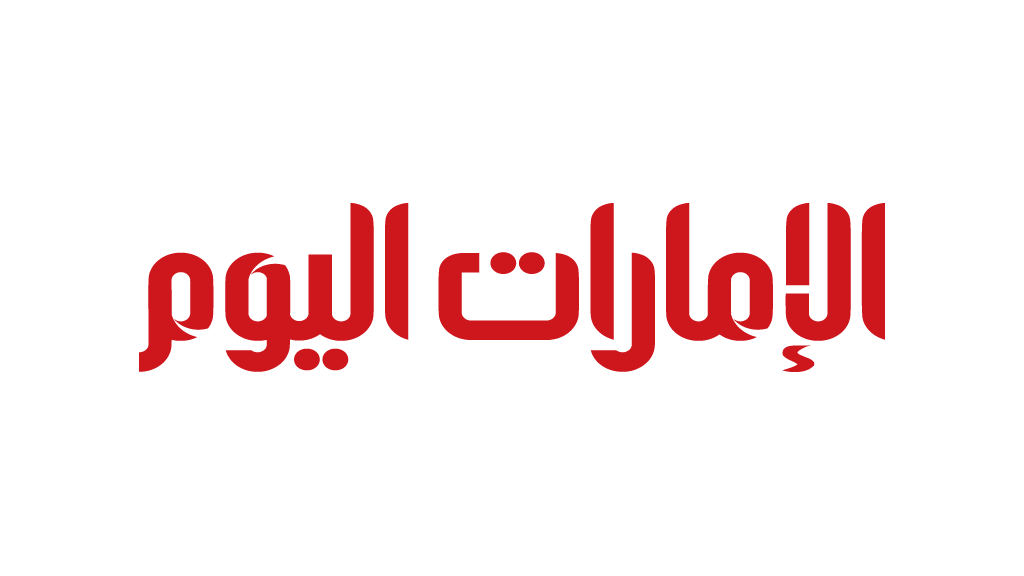The Egyptians are under the weight of high prices, rationing, and the scarcity of the dollar
From restrictions on withdrawals from personal accounts outside Egypt, to rationing the amount of rice a person can buy, to advertising campaigns about the health benefits of eating chicken legs.. Egyptians are suffering greatly from the economic crisis their country is experiencing while it is burdened with debt.
Cairo's cash reserves do not exceed $33.5 billion, including $28 billion in deposits from allied Gulf states.
However, Egypt's foreign debt has more than tripled in the last ten years, reaching $157 billion.
At the request of creditors, Egypt devalued its currency in 2022 by 57%.
In a country that imports most of its needs from abroad and where interest rates rose by 8% in 2022, the impact was immediate, with inflation reaching 18.7%, according to official figures.
On Earth, housewives suffer.
"The loaf of bread that I used to buy for one pound now costs three pounds," Rehab told AFP at the exit of a bakery in downtown Cairo.
The 34-year-old woman, who refused to reveal her last name, added, "My husband earns six thousand pounds a month. We used to live thirty days from this salary, but today the money starts to come from the tenth day."
Meat 'no longer an option'
The size of loaves of bread, falafel patties, cans of cooking oil and bags of legumes have been reduced again.
The volume of products that were distributed at subsidized prices to 70 million Egyptians who are considered "poor" and have "ration cards" has also been reduced.
At the entrance to a large supermarket in Cairo, a sign warns consumers that one person cannot buy "more than three one-kilogram packages of rice or one five-kilogram package."
In the newspapers, the National Food Board praised the "good-for-the-body-and-the-budget" chicken legs.
This is because imported frozen meat, which is consumed by the lowest-income people because they cannot afford the price of fresh meat, “is no longer an option after its prices have increased from 85 to 150 pounds,” said Reda, who heads a family of 13.
The 55-year-old, who also refuses to give her last name, is doing everything she can to support the family.
"I am an employee and work in a hospital, but even with these two salaries, there are many things that I cannot buy," she explains.
And if prices are rising, one of the reasons is the inability of importers to obtain the necessary dollars from banks.
According to government sources, customs currently hold goods worth about seven billion dollars.
Because of the foreign exchange crisis, which contributed to the exit of about 20 billion dollars from Egypt due to investors’ concern after the outbreak of the war in Ukraine, most banks restricted withdrawals in dollars outside Egypt and raised the commission for using credit cards in purchases abroad from 3% to 10%.
Even one of the most prominent supporters of the regime, broadcaster Amr Adeeb, who presents one of the most followed programs in Egypt, recently said after restricting withdrawals abroad, "Let at least the people who traveled before this decision withdraw some money in order to take a taxi to the airport so that they can return."
In this atmosphere, rumors are spreading that companies such as McDonald's and Uber are ready to withdraw from the Egyptian market.
"don't interfere"
Egypt devalued its currency in March and then in October.
On Wednesday, the pound fell again by more than 8 percent.
Thus, it has decreased by nearly 70 percent in less than ten months.
Experts pointed out that all indicators turned red when two government banks announced on Wednesday the issuance of certificates of deposit with an interest rate of 25 percent for the year.
The country, which is one of five in the world at risk of default according to Moody's, is trying to save as many dollars as possible.
And the International Monetary Fund loan that Egypt recently obtained.
Three billion dollars to be paid over 46 months is nothing but a drop in the ocean, especially since the debt package that Cairo must pay during the fiscal year 2022/2023 amounts to 42 billion dollars.
The Minister of Transport, Kamel Al-Wazir, decided to oblige tourists to pay the price of train trips in dollars, starting this January.
"I need dollars to pay for the imported train cars. Tourists can pay in dollars, and this suits them and me as well," he said in statements to television.
In order to reap more dollars, the state intends to sell many companies and assets to the private sector, to the extent that the matter raised concerns about losing sovereignty over the Suez Canal.
The head of the Canal Authority, Osama Orabi, recently confirmed that the canal is "not for sale," but President Abdel-Fattah El-Sisi wants to establish a fund to allocate part of the navigational corridor's resources to him to supervise its management himself.
"Don't get involved in financial issues," he said in a recent speech. "Let me handle it."
Stefan Roll, an expert at the German Institute for International Affairs and Security, considers that Egypt is "a debt to install the Sisi regime."
He added that "the army, on which (the regime) relies, is the first to benefit: foreign debts have enabled it to protect its income and property and finance giant projects that bring it great profits," as most of the major projects are entrusted to the armed forces.
Away from the new cities and fast electric trains, all Rehab aspires to is to buy her daughter a coat to protect her from the cold.
She said, while fighting back her tears, "But I found that its price was one thousand pounds, so I turned my attention to it."
Follow our latest local and sports news and the latest political and economic developments via Google news

